Urgent
receives Turkmenistan Deputy PM, Foreign Minister
 UAE forecast to lead regional growth at 5.6%: FAB
UAE forecast to lead regional growth at 5.6%: FAB
 Pilot opening of 'Jaheziya' Simulation Centre at Sheikh Mohammed bin Zayed Field Hospital in Syria
Pilot opening of 'Jaheziya' Simulation Centre at Sheikh Mohammed bin Zayed Field Hospital in Syria
 UAE leaders congratulate President of Sri Lanka on Independence Day
UAE leaders congratulate President of Sri Lanka on Independence Day
 Borouge delivers $1.1 billion net profit in 2025
Borouge delivers $1.1 billion net profit in 2025
 Gold extends rally, jumps over 2%
Gold extends rally, jumps over 2%
 Cairo International Book Fair welcomes 6 million visitors in two weeks
Cairo International Book Fair welcomes 6 million visitors in two weeks
 Horrific humanitarian crisis in Sudan endured more 1000 days, far too long: UN
Horrific humanitarian crisis in Sudan endured more 1000 days, far too long: UN

 UAE forecast to lead regional growth at 5.6%: FAB
UAE forecast to lead regional growth at 5.6%: FAB
 Pilot opening of 'Jaheziya' Simulation Centre at Sheikh Mohammed bin Zayed Field Hospital in Syria
Pilot opening of 'Jaheziya' Simulation Centre at Sheikh Mohammed bin Zayed Field Hospital in Syria
 UAE leaders congratulate President of Sri Lanka on Independence Day
UAE leaders congratulate President of Sri Lanka on Independence Day
 Borouge delivers $1.1 billion net profit in 2025
Borouge delivers $1.1 billion net profit in 2025
 Gold extends rally, jumps over 2%
Gold extends rally, jumps over 2%
 Cairo International Book Fair welcomes 6 million visitors in two weeks
Cairo International Book Fair welcomes 6 million visitors in two weeks
 Horrific humanitarian crisis in Sudan endured more 1000 days, far too long: UN
Horrific humanitarian crisis in Sudan endured more 1000 days, far too long: UN



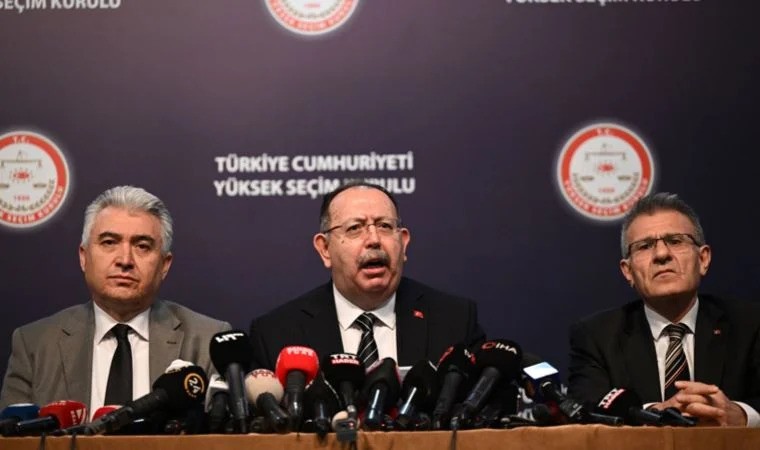
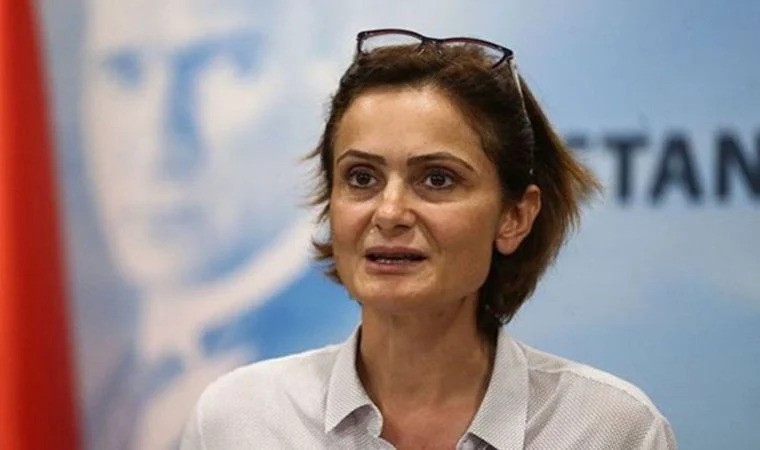


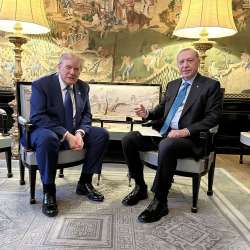
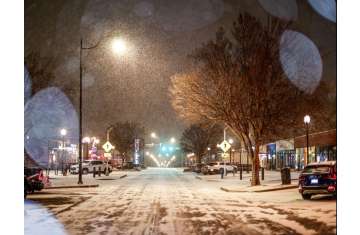
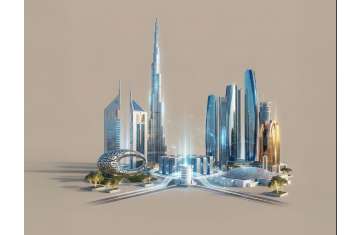
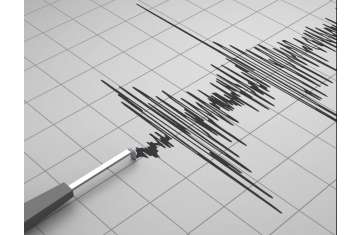
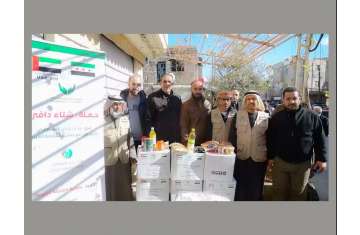
Comments